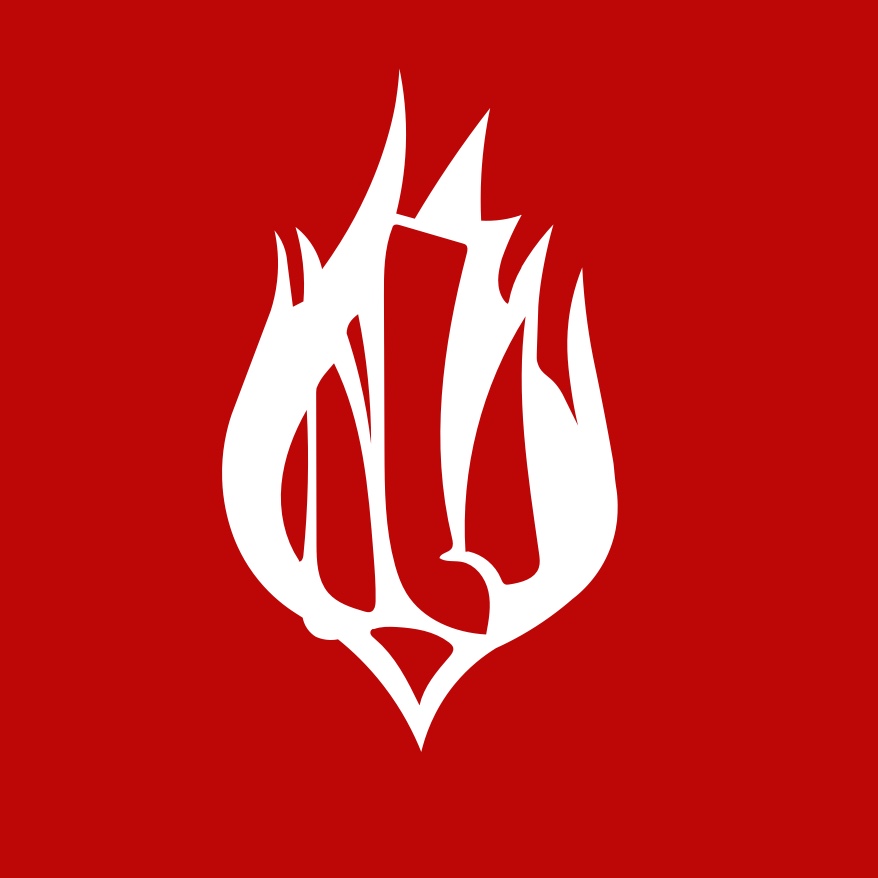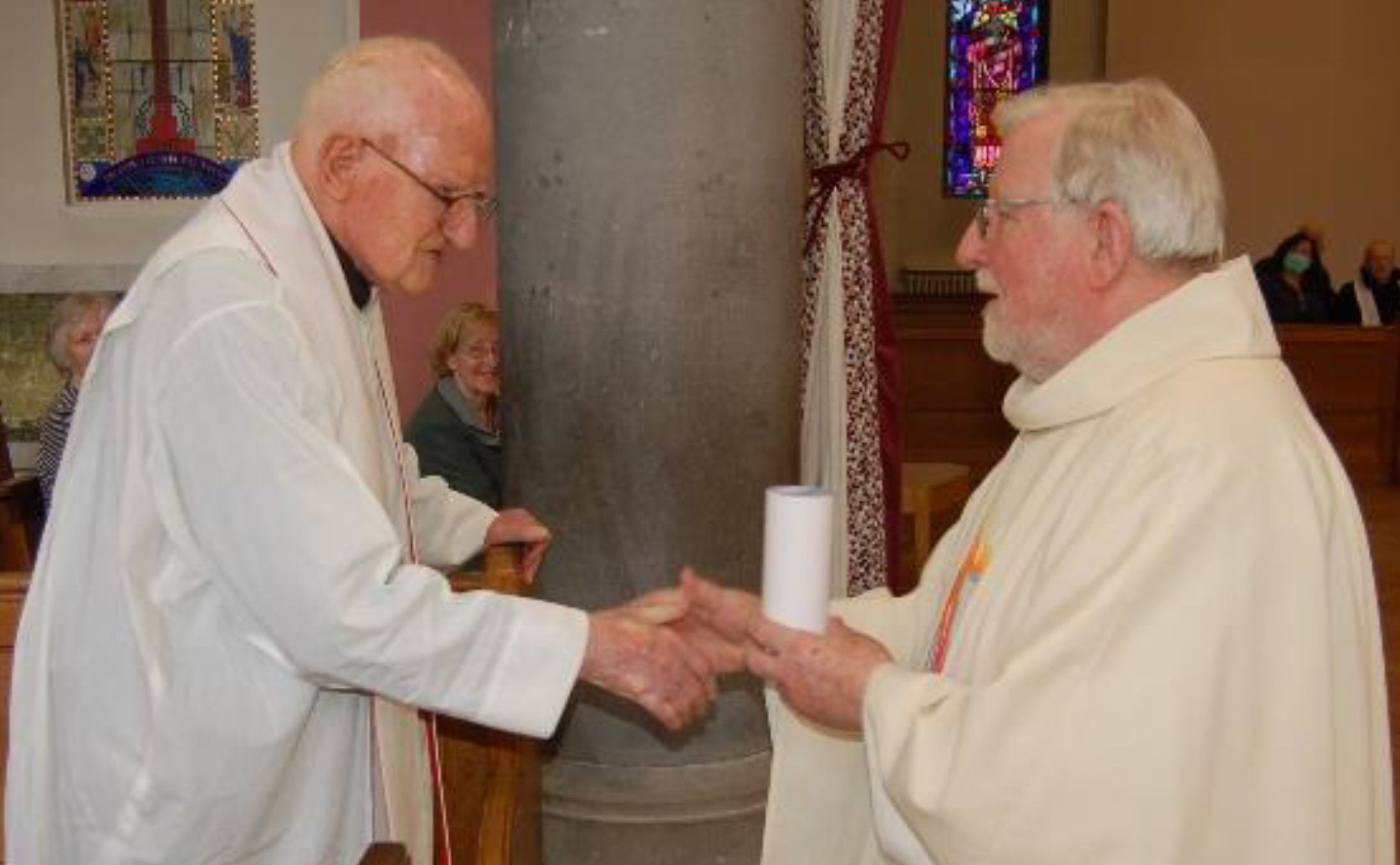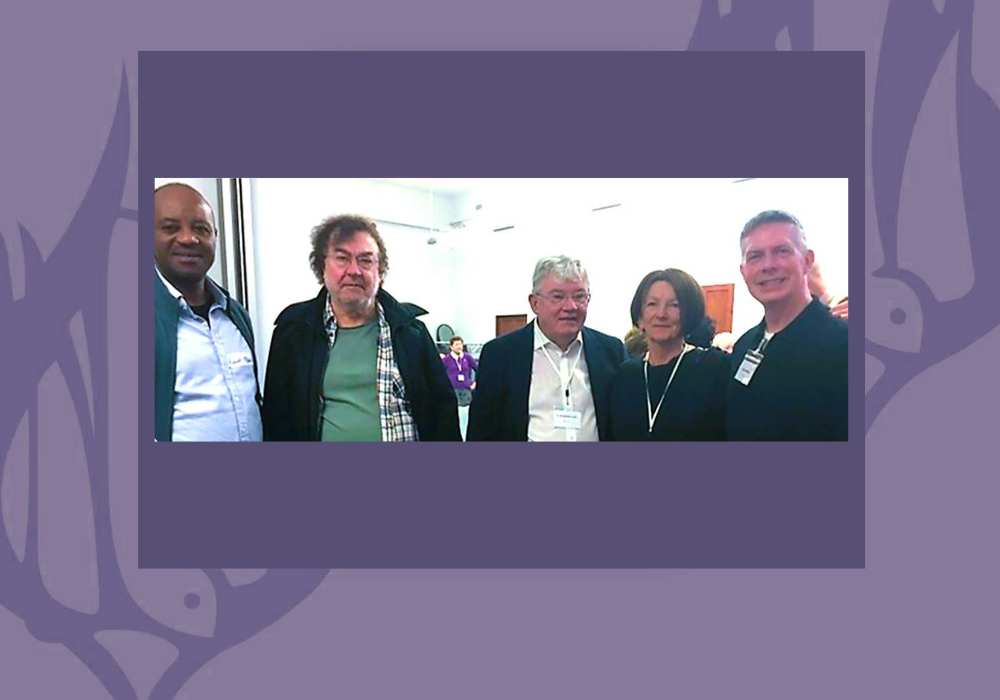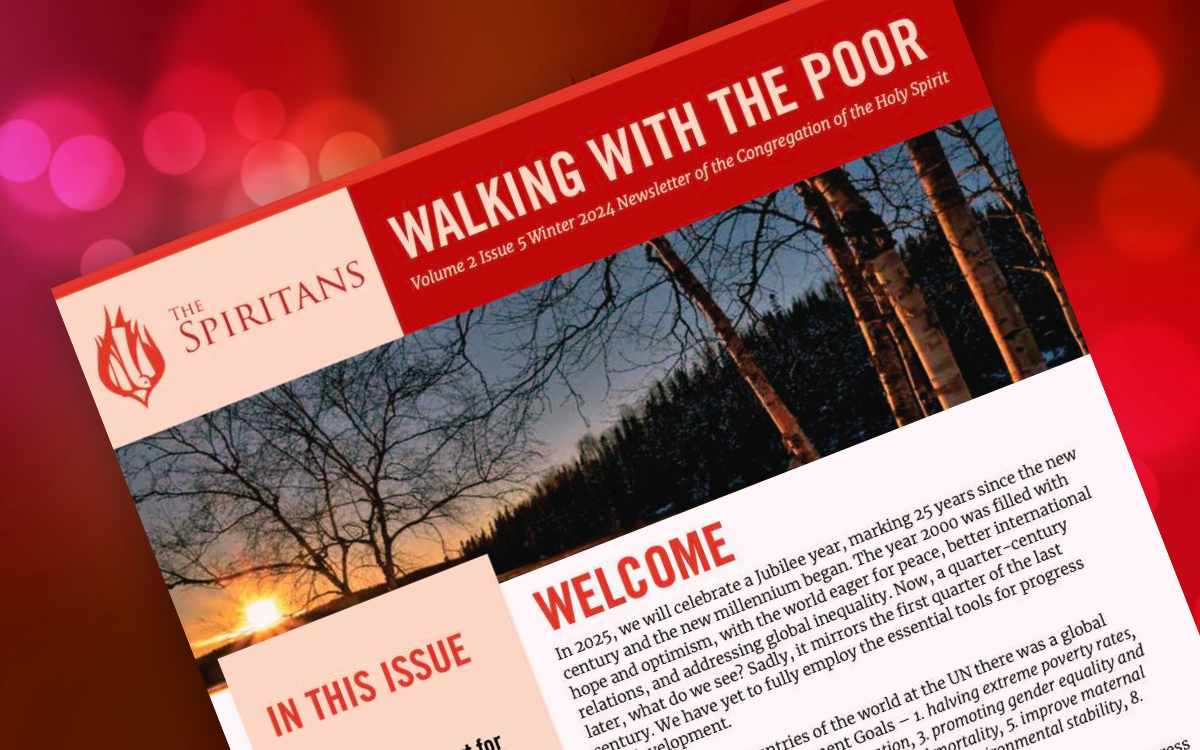I recently returned from a work trip to ‘the eternal city’, where I was able to briefly glimpse the splendour of the age-old architecture, steeped in history, and be overwhelmed by the grandeur and significance of St. Peter’s Square and the many statues and artefacts that surround it and the city.
Whatever your fancy, Rome is an illustration of the wealth that befits many cities in the ‘developed world’, and increasingly those in the ‘global South’. It is a good example of this experience of development and prosperity. Yet it is also a stark example of the repercussions and implications of this as it resides alongside the experience of poverty and inequality. Our devoted fascination with wealth accumulation, amplified through globalisation, has been perfected by an ideology of ‘more’ that is now so entrenched that it has become stitched into the fabric of our lives.
The result is a startling inequality gap so great that it is incomprehensible. How, for example can anyone begin to comprehend the statistic released by Oxfam earlier this year, which reveals that just 10 – yes ten – individuals own more wealth than nearly half of the world’s population? And during the Covid-19 pandemic, while many people died and countless others suffered, the richest 1 percent became even richer. Even if these 10 individuals spent a million dollars a day (€950k), it would take them 414 years to spend their combined wealth.
In today’s Gospel, Luke speaks candidly about our attachment to ‘possessions’ and wealth- accumulation. He reminds us of Jesus’ warning to “Take care to guard against all greed, for though one may be rich, one’s life does not consist of possessions”. The futility of ‘greed’ is demonstrated through the story of the rich man who kept expanding his wealth and stored more of it. But Jesus reminds us that to ‘store up treasure’ is not what matters to God and that at any stage ‘your life will be demanded of you’. We must rather think of ‘what is above, not of what is on earth,’ as we are informed in today’s 2nd reading. “The world” as Mahatma Gandhi has is often quoted, “has enough for everyone’s needs, but not everyone’s greed”. Here I am reminded of the frenzy of hoarding large amounts of various essential household items during the initial days of the Covid19 pandemic, which enabled scarcity and price hikes, despite an assurance that there was ‘enough for everyone’.
Pope Francis, in his 2015 trailblazing encyclical Laudato Si’ (LS), reminds us of our commitment and responsibility to “care for nature and for the most vulnerable…as [an] essential part of [our] faith” (LS 64). He pleads with us to listen to, and hear, both the “cry of the earth and the cry of the poor” as the two are inter-connected. We are called as Christians, to “move forward in a bold cultural revolution” (LS 114) towards an ecological conversion in which we recognise, appreciate and take action to protect and preserve our ‘common home’ and all living beings within it.
As followers of Christ, we are to promote the ‘common good’ and to “think of ourselves more and more as a single family, dwelling in a common home” (Fratelli Tutti 17). This is essential for our survival as a human species, for the protection and sustenance of our natural environment – our mother earth, and to ensure a just and sustainable future for generations to come.
Image by Gerd Altmann from Pixabay








